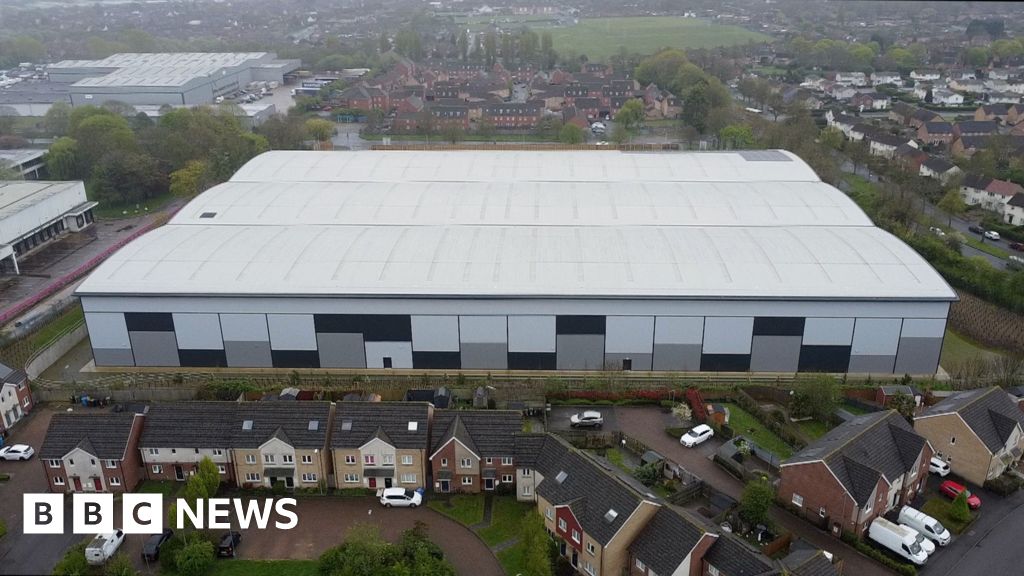Toronto's Real Estate Market: A Shift Towards Buyer Favor Amid Falling Prices

The Toronto real estate landscape is undergoing significant changes, making it one of the most challenging times in recent history for homeowners looking to sell. Yet, for prospective buyers, this period might present an unexpected opportunity to secure a property at a relatively lower price, especially when contrasted with the historically high rates that have characterized the city's housing market.
Recent data from the Toronto Regional Real Estate Board (TRREB) reveals that prices for homes, particularly condos, are beginning to decrease as the market grapples with stagnation. Specifically, the average price of a typical Greater Toronto Area (GTA) condo has seen a decline of 2.6 percent from March 2024, while the average price of homes across the board has also dropped by about 2.5 percent within the same timeframe.
Notably, sales figures have plummeted by a staggering 23.1 percent year-over-year, highlighting a significant shift in the marketplace. Meanwhile, active listings have surged by an impressive 88.8 percent, a trend that has shifted the balance of power toward buyers, who now enjoy greater selection and enhanced negotiating leverage.
This shift in market dynamics is further underscored by a recent mortgage rate cut from the Bank of Canada in March, which has resulted in a decrease in the annual income required to purchase a home. This represents a notable reversal from previous months, where rising costs had made home ownership increasingly challenging, particularly in Canadas largest city.
In Toronto, the median home price dropped by $5,400 from February to March, changing from $1,073,900 to $1,068,500, according to TRREB's data. Additionally, lending rates and stress test rates also fell by 2 percent, contributing to a reduction in the minimum annual household income needed to buy a home, which decreased by $4,190, from $221,200 to $217,010.
These calculations are compiled by Ratehub.ca, a prominent broker that assesses these figures monthly based on the fluctuations in home prices, interest rates, and stress test criteria. Their benchmark calculations consider a 10 percent down payment, a 25-year amortization period, and additional expenses such as $4,000 annually in property taxes and $150 per month for heating bills.
Interestingly, even in regions where home prices continue to rise, Ratehub.ca reported that the benchmark income required for a standard mortgage has decreased from February to March in many cases, with only three out of 13 cities analyzed showing an increase in necessary earnings.
While this data signals a glimmer of hope for potential buyers in Toronto, a glance at the broader Canadian housing market raises questions about the desirability of settling in Ontario. For instance, in cities such as Regina, where the average home price is just $326,300, residents would need to earn only $76,600 annually to secure a mortgage. Similarly, in Fredericton, with an average home price of $335,900, the required income sits at $78,420.
Experts at Ratehub.ca note that, particularly in the Golden Horseshoe area, market conditions have deteriorated due to fears surrounding tariffs, further amplifying the impact of declining home prices and lower mortgage rates on overall affordability. They state, Toronto experienced significant month-over-month changes, with borrowers potentially saving around $121 on their monthly mortgage payments. This translates to an annual saving of $1,452 in March compared to February, demonstrating how securing a lower rate can significantly affect mortgage qualification amounts.


























